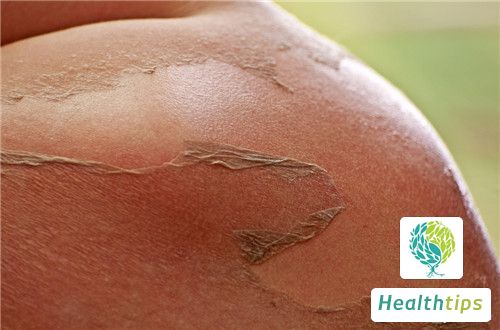Can sexual intercourse be performed during the downregulation phase of IVF?
Infertility Issues and IVF Preparation

Many women in life are unable to conceive naturally due to various issues and may need to rely on in vitro fertilization (IVF) to become pregnant. There are numerous preparations and considerations to take into account during the early stages of IVF, and failure to adhere to these can affect the success rate of the procedure. One important aspect is the downregulation phase of IVF, during which sexual intercourse is generally not recommended to avoid compromising the results.
Can I Have Sex During IVF Downregulation?
It is advisable to avoid sexual intercourse during the downregulation period to prevent any interference with hormonal levels. The main objective of downregulation injections for women is to delay the maturation of dominant ovarian follicles, enabling more follicles to develop into mature ones. This increases the chances of obtaining a greater number of mature follicles during IVF, thereby enhancing the success rate of the procedure. It also synchronizes the development of follicles with the endometrium, facilitating implantation of the fertilized egg. During downregulation, it is also essential to maintain an appropriate exercise routine to improve immunity and prevent illnesses such as colds. A diet rich in protein, vegetables, and fruits is recommended to ensure adequate intake of vitamins and micronutrients.
What Are the Precautions During IVF Downregulation?
During IVF downregulation, it is crucial to stay warm and avoid public places to prevent colds. The diet should be low in spicy and other stimulating foods and rich in fresh vegetables, fruits, and high-quality protein sources. Alcohol, smoking, coffee, and strong tea should be avoided. Normal activities and moderate exercise are permissible. If sexual activity occurs during downregulation, the use of a condom is recommended. If menstruation does not occur after downregulation, a pregnancy test should be taken as some women may conceive during this phase. Prompt administration of progesterone support medication is necessary in such cases. Maintaining a regular lifestyle and avoiding late nights are also essential during downregulation.
What Are the Dietary Considerations During IVF Downregulation?
While there is no specific diet required during the entire IVF process, women should focus on balanced intake of protein, fat, carbohydrates, micronutrients, and vitamins based on past experience. The development of eggs requires these nutrients, vitamins, and minerals. Therefore, it is advisable to consume nourishing foods while maintaining a diet similar to one's usual eating habits. Foods that are spicy or highly stimulating are not recommended during this phase. The water-salt metabolism and metabolism of macronutrients in women are typically normal during this period. Nurses provide specific dietary guidance to patients based on the experience of different reproductive medicine centers and individual digestive and absorption functions.



















